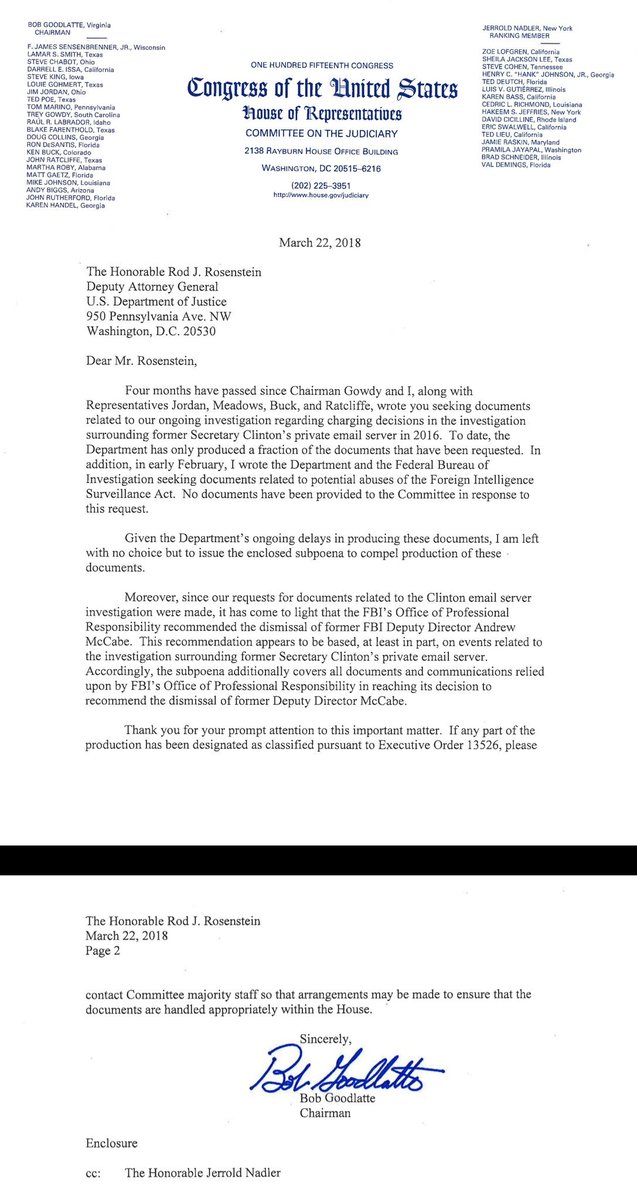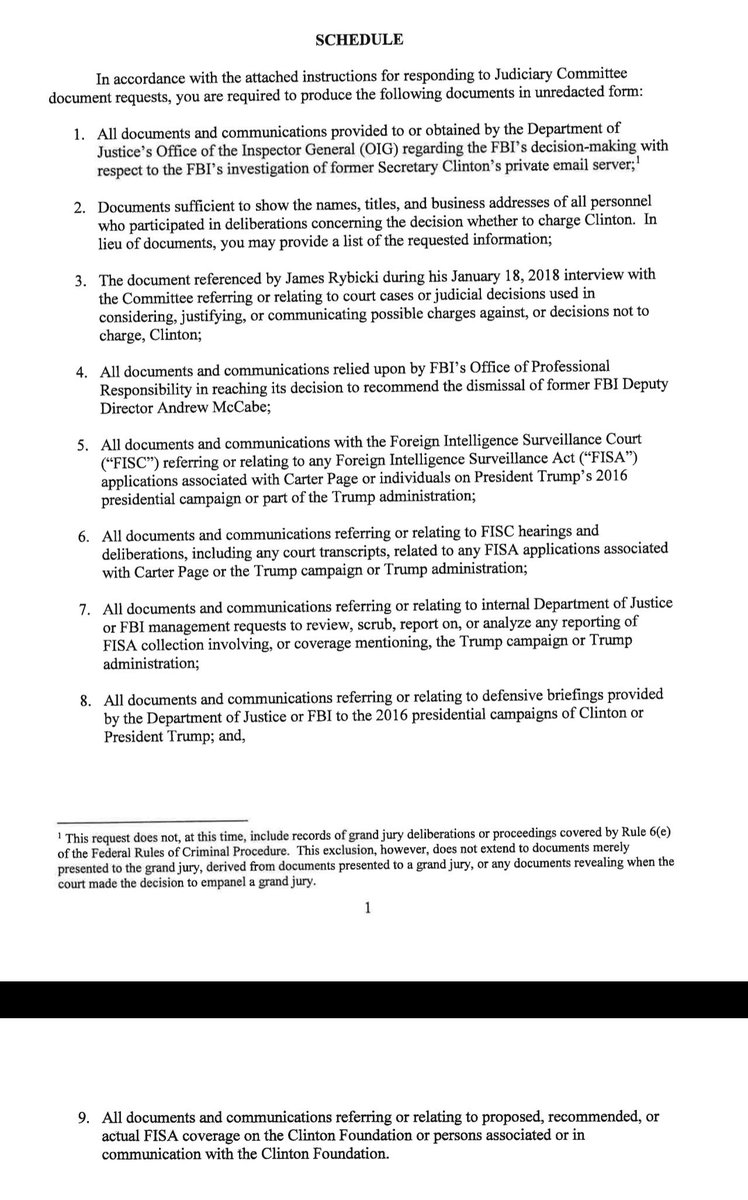The last we heard from Hillary, she was whining that no one liked her. Before that, she was still finding excuses for her loss in the quest for the White House. All through that we continued to hear about corruption and fraud in all things Clinton including the foundation(s).
Sidebar: Read about the Foundation ah weirdness in Columbia.
Well….she is back…and Kevin is leading the charge. But bring money for cocktails and photos.
So, who is Kevin?
Kevin Thurm, A83, A17P, is dedicated to finding solutions that last to transform lives and communities. As the CEO of the Clinton Foundation, he leads its efforts to build partnerships of great purpose between businesses, governments, NGOs, and individuals.
Prior to working at the Clinton Foundation, Thurm held various leadership positions in government and the corporate sector. As a senior counselor at the U.S. Department of Health and Human Services (HHS), he partnered with Secretary Sylvia Burwell and HHS senior leadership on cross-cutting strategic initiatives, including continuing implementation of the Affordable Care Act. At Citigroup, he held senior positions including chief compliance officer and deputy general counsel. Before joining Citigroup, Thurm served as the deputy secretary and chief of staff for the Department of Health and Human Services under Secretary Donna E. Shalala.
Thurm received a bachelor’s from Tufts University in 1983; a bachelor’s/master’s from Oxford University in 1986, where he was a Rhodes Scholar; and a J.D. from Harvard Law School in 1989.
***
The Clinton Foundation, after seeing a drop in donations amid increased scrutiny and “pay-to-play” allegations, is revving back up with a glitzy fundraising gala that coincides with a broader push by the Clinton machine to stay in the political spotlight.
Axios reported Monday that longtime Clinton supporters received an invitation offering access — a word that dogged Hillary Clinton throughout her failed 2016 presidential campaign — to the family at a May 24 benefit for the Clinton Foundation.
The cheapest tickets for the event will be $2,500 for cocktails and dinner. Deep-pocketed donors can lay out $100,000 for a package including “leadership reception for two, a premium table of 10, program recognition as Gala Chair and invitations to the Clinton Foundation Annual Briefing.”
The invite features photos of Bill, Hillary and Chelsea Clinton, implying they’ll all be attending.
The foundation scaled back its activities in 2016, downsizing the Clinton Global Initiative and placing restrictions on fundraising amid claims of “pay-to-play” by donors seeking access when Clinton was secretary of state. The Clintons denied any such arrangements.
The biggest such controversy related to the sale of Uranium One — a Canadian-based energy firm and holder of 20 percent of U.S. uranium stocks — to Russian energy company Rosatom during Clinton’s time as secretary of state. The connections between the sale of Uranium One and donations to the foundation were first reported by author Peter Schweizer in his 2015 book “Clinton Cash.”
The New York Times reported that the Clinton Foundation received millions of dollars from donors connected to Uranium One as the deal was in the process of being approved by representatives of government agencies, including Clinton’s State Department.
Since the election, questions about that deal have not gone away. In October, The Hill reported that the FBI received an account that Russian nuclear officials had routed millions of dollars to the U.S. designed to benefit the Clinton Foundation amid a broader pattern of bribery and kickbacks designed to extend Russia’s footprint to the U.S.
Amid the controversies in 2015 and 2016, the foundation saw a plunge in donations. While data from 2017 are not available, 2016 numbers showed that donations fell by 42 percent, from $108 million in 2015 to $63 million in 2016. Then-acting CEO Kevin Thurm told The New York Post, which first reported on the numbers, that that was due in part to restrictions on fundraising the foundation placed on itself as Clinton ran for president.
But while numbers for 2017 aren’t available, IB Times reported last year that a number of big companies have distanced themselves from the foundation and were choosing not to give. Companies that told the outlet in November they have not donated since the 2016 election included Boeing, Chevron, Dell, General Electric, and Lockheed Martin.
“Last year was a tough year,” Donna Shalala, then-president of the foundation, told The Times in 2017, “because people were beating on us with nonsense.”
Clinton Foundation dealings have continued to stay in the headlines. Former FBI Deputy Director Andrew McCabe was fired by Attorney General Jeff Sessions in March after an inspector general report said he leaked the existence of a probe into the foundation during the presidential campaign and later lied about it.
Meanwhile, conservative watchdog Judicial Watch has continued to publish emails sent by Clinton when she served as secretary of state — emails that touch on foundation activity.
The May fundraiser is the latest sign from the Clintons that they do not intend to retreat from the spotlight. After losing in 2016, Hillary Clinton has set up the political action organization Onward Together and released a lengthy campaign post-mortem titled, “What Happened.” She went on a speaking tour coinciding with the book’s release and has made numerous additional appearances discussing her 2016 loss.
Axios reported Monday that Hillary Clinton was to lead the first meeting of Onward Together on New York’s Upper East Side for a session on “harnessing the energy and activism post-election.” Bill, meanwhile, will publish his novel “The President is Missing,” co-authored with James Patterson on June 4.
An April Wall Street Journal/NBC News poll found that only 27 percent of those polled had a very or somewhat positive view of the former secretary of state. That makes her less popular than President Trump, whose popularity registered at 35 percent. It marked a new low for her in the poll, which clocked her popularity at 30 percent in August 2017.








